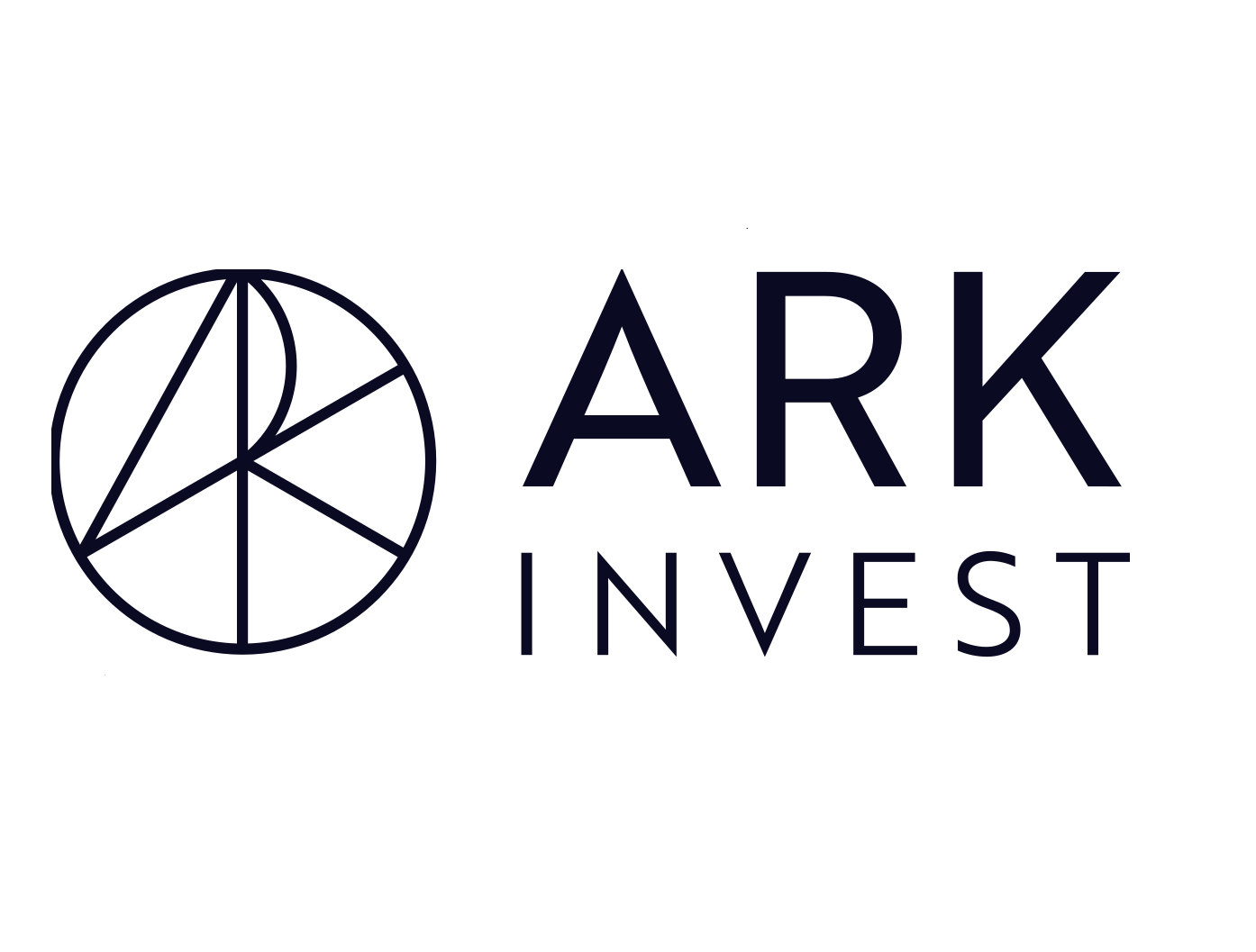
Cathie Wood's flagship exchange-traded fund hit an all-time high in February of this year. Her preferred disruptive-tech chasing strategy may still be in for a lot of suffering after a year and a 53 percent fall.
After a dramatic decline last month, the ARK Innovation ETF (ticker: ARKK) has steadied off - it's practically flat in February – but the headwinds surrounding its speculative growth picks are just becoming more vital. Many businesses that thrived during the pandemic are being hammered by the economic reopening, not only because yields are rising as investors prepare for the US Federal Reserve to raise interest rates, which is terrible news for unprofitable businesses, but also because the economic reopening is hammering many of the businesses that thrived during the pandemic.
Roku, Teladoc, and Zoom, all winners in the work-from-home era, have had their stock prices plummet by as much as 74% in the past year.
Short bets against ARK, according to IHS Markit data, hit a fresh high of 11.4 percent of outstanding shares this week. The Tuttle Capital Short Innovation ETF (SARK), which beats the ARK, now has assets worth more than $US300 million ($416 million).
"Those equities are supported by speculation, and speculation pays less well when the Fed raises rates," said Brent Schutte, chief investment strategist at Northwestern Mutual Wealth Management Co. "Much of what's happening in the market reminds me of what happened in the late 1990s when market segments were bid up to levels based on future assumptions."
Because its price chart resembles that of the Nasdaq index of technology businesses from more than two decades ago, analogies to that period and the dot-com implosion that followed are becoming more common in discussions of ARK.
"Today marks the 253rd trading day from ARK's all-time high," Jessica Rabe, co-founder of DataTrek Research, wrote in a Tuesday note, "while the Nasdaq was down 60% from its dot-com bubble top on the same day in 2001."
"If 2000/2001 analog holds, we should see ARK continuing to fall over the following three weeks. The Nasdaq dropped 18.7% in the next 16 trading days "recent."
Net flows are positive.
The better news for investors and Ms. Wood is that there may be some immediate respite. The Nasdaq rose 41% in six weeks in 2001 before falling.
The ARK Investment Management did not respond to a request for comment.
Most of ARK's $US15 billion asset loss has been attributed to bad performance, a plus for the company. Since the fund achieved an intraday high of $US159.70 a year ago this week, investors have withdrawn only around $US465 million, and ARK's net flows this year are positive despite a more than 20% drop.
This exceptional loyalty prevents a worsening situation and allows Wood's approach to recovering. The star fund manager has consistently emphasized that her funds have a five-year investment horizon and that she believes in many good options.
Mr. Schutte, on the other hand, says the drop is understandable because several of the company's biggest bets, such as Teladoc and Zoom, are becoming less significant as COVID-19 approaches.
"During the pandemic, there were a lot of questions about what would happen to society and how we'd go about our lives," he added.
"You drew in new investors who wanted to know "what are the upcoming themes I should invest in?" I believe you got a washout of it as well."
